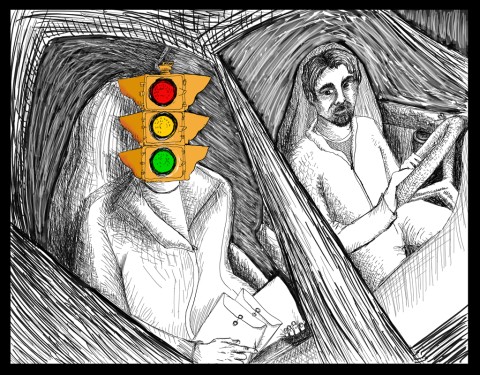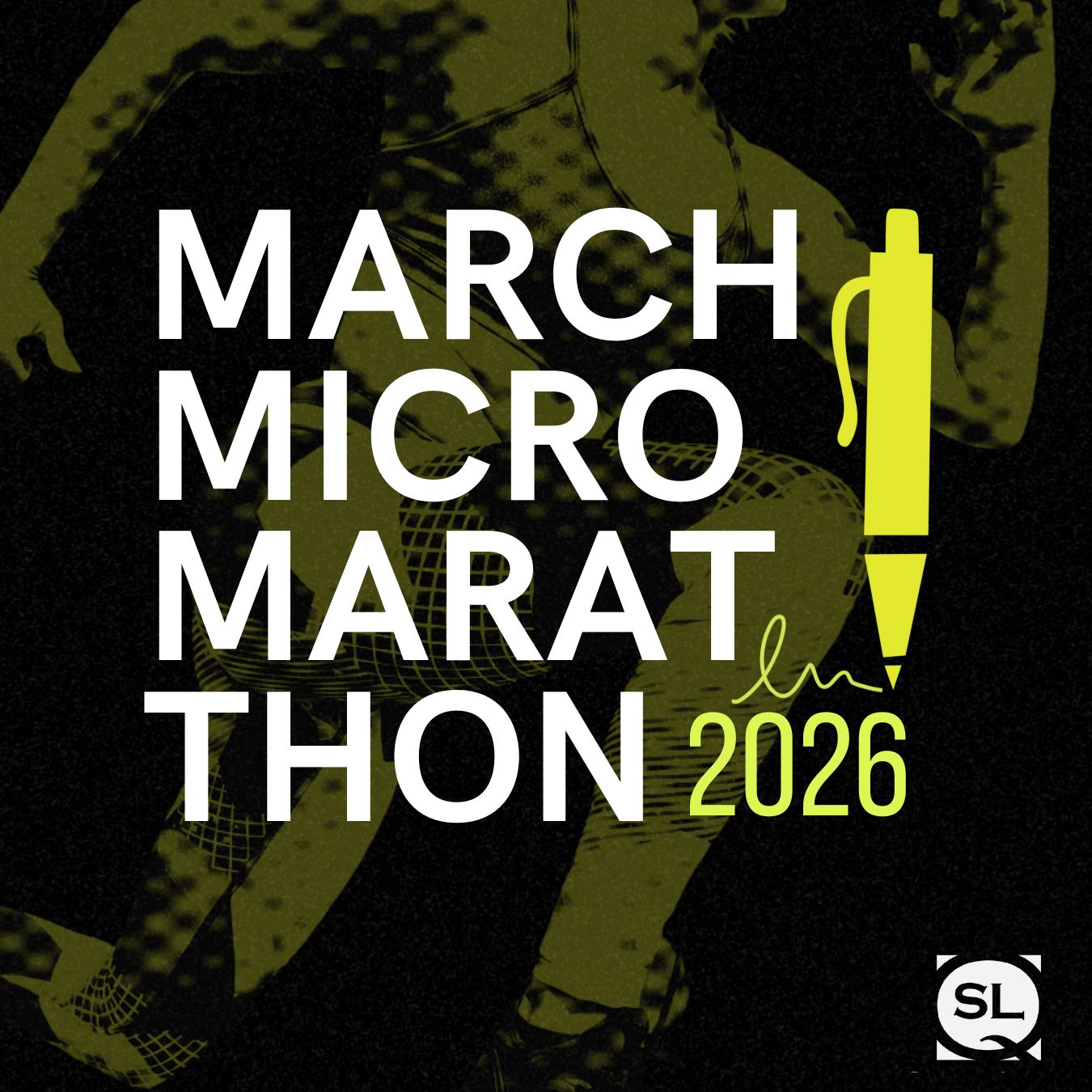My wife died in Afghanistan six months ago and Mann’s wife died there a couple months after mine. He treats it like a competition, with changing rules. Depending upon what point he’s trying to make or what mood he’s in, I’m sometimes the winner and sometimes the loser. More often now I’m the victor, because I’ve “had longer to come to terms with the loss.”
I’m taking him to the library so we can get some photocopies made of things we need for our survivor’s benefits. The paperwork never ends. If your spouse fought to save this country, then this country thinks it’s only fair you fight too, to get your rightful compensation.
“Of course, you’ve had longer to figure all this out,” he says, because I was the one who waded through the DirectGov website and called the right people to find out what we needed.
“Just googled it, Mann.”
“I suppose you can concentrate on things like that.”
“Must be.”
The road we’re on is traffic lights city, coming seven in a row and never in sync. I would normally avoid coming this way, but Mann must’ve distracted me. We pull through one set of lights and straight into another. People rev their engines while they’re stopped and when they’re allowed to go they race to try and beat the next set of reds. They never do, which means they rev harder. After the seventh set of lights is a long empty road and people let rip then. This stretch of road is notorious for crashes, the reason why they keep adding more traffic lights. A classic example of a solution exacerbating the problem.
“Thanks for driving me,” says Mann. “Stuff like this, I haven’t been able to get behind the wheel of a car.”
“Right. We all have days like that.”
Mann shakes his head. I don’t understand his pain, he thinks. I want to shake him, to say I know what it’s like because I’ve been there too, before him. I don’t though, because if I did, he’d have lost another round of the Dead Wife Game.
A man steps in front of the car when I’m beyond the seventh lights. He’s crossing the road, here of all places, and I have to stop to not hit him.
“Fucking cunt,” says Mann. “He didn’t even say thank you.”
The man is past us and I can drive again. I’m annoyed with Mann, as I always am. You don’t ever say thank you yourself, I think. Ironic that you castigate others. There’s a theory, expounded by survivor’s groups, that being around those who’ve been through the same thing helps us manoeuvre the grieving process. Mann disproves it.
“He said thank you,” I say. “You just missed it.”
This isn’t true, and I love saying it. If nothing else, Mann should shut up now for the duration of the ride. I can feel him stewing in the passenger seat, staring out the window for somebody else doing something wrong. Unluckily for him, there’s only good drivers between here and the library. Nothing he can hang his angry hat on. Sitting beside him while he bubbles is a feeling both satisfying and empty for me, like collapsing into a comfortable bed after fifteen hours flying back with my wife’s body.
We reach the library, it’s not far from home, find parking without trouble, and head straight for the copy machine. Not the first time in the last few months we’ve had to come here.
“Shit,” says Mann, holding the brown envelope he’s carrying like there’s water leaking from it. “I brought the wrong stuff.”
He cries now. Gently, as if he’s too tired to cry with any gusto. I hug him, because it’s what I have to do, and because I understand. This is one of the stages we go through. The survivor’s groups harp on about the stages. I recognise this one. Mann’s reached it faster than I did.
“You were right about the man,” I whisper into his ear, holding him tight. “He didn’t say thank you.”
“I know,” says Mann, holding me back. “But that doesn’t make him a fucking cunt, does it?”



 In its third year, The March Micro Marathon will be, as usual, a prompt-a-day whirlwind for 24 days. You’ll exchange drafts of micro fiction, non-fiction, and prose poetry in small groups and gather for a series of online events (all recorded for participants unable to attend live). We’ll finish with 3 competitions, and participants who are not already in SmokeLong Fitness will be invited to workshop with SmokeLong Fitness until the end of April!
In its third year, The March Micro Marathon will be, as usual, a prompt-a-day whirlwind for 24 days. You’ll exchange drafts of micro fiction, non-fiction, and prose poetry in small groups and gather for a series of online events (all recorded for participants unable to attend live). We’ll finish with 3 competitions, and participants who are not already in SmokeLong Fitness will be invited to workshop with SmokeLong Fitness until the end of April!